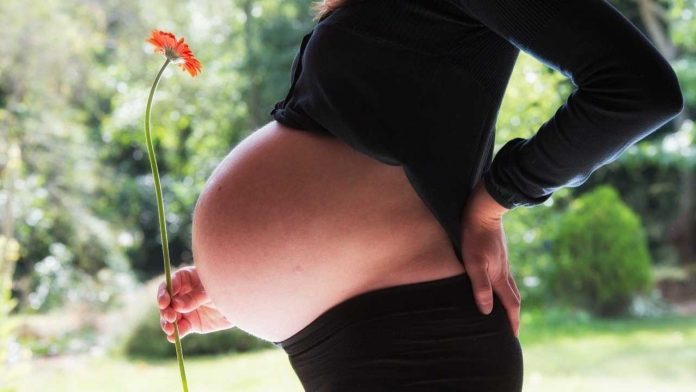Pregnancy can be one of the most difficult and beautiful times in a woman’s life. It’s reasonable to be concerned about what pregnancy might hold for you. Given the abundance of material available on the internet and familial advice passed down through the centuries, it is critical to carefully double-check the information you find. Furthermore, there is no substitute for speaking with a professional. Yasmin Karachiwala, a celebrity fitness instructor, got down with Dr Ranjana Dhanu, a gynaecologist, to answer some of the most often asked questions about prenatal care.
Yasmin Karachiwala, who shared the video, wrote: “Prenatal (before birth) and postpartum (after birth) healthcare for expectant moms make up pregnancy care. Today we’re speaking with Dr. Ranjana Dhanu, who will address all of your pregnancy-related questions.”
Answers to some of the most frequently asked questions concerning pregnancy
1. When is the best time to start trying to conceive?
Yasmin Karachiwala pointed out that while women have been expected to have children before the age of thirty for decades, many are now choosing to have children later in life. Dr. Dhanu responded by saying, “Because women are born with a certain quantity of eggs, childbearing must be planned before the age of 35. Subfertility begins to set in after the age of 30, and we check the AMH.” According to the doctor, Anti-Mullerian Hormone (AMH) is a hormone that indicates fertility levels, and a decrease in AMH is generally followed by a suggestion to freeze the eggs.
She went on to say that freezing your eggs is safe and can help people postpone childbearing if necessary. “There is nothing like it if you can freeze your eggs and genetic material in the lab,” Dr Dhanu remarked.
2. Is it important to get a pre-pregnancy check?
“Certainly,” Dr. Dhanu responded, explaining that a pre-pregnancy checkup might include blood tests, regular sonography, diabetes and thyroid testing, among other things. It also includes a check for a history of past fibroids or endometriosis procedures, as this places the person in a high-risk category. “Checking for consanguinity is also very crucial,” the expert stated. In consanguineous marriages, the genetic history is also examined to see whether there are any chromosomal problems.
3. Is it healthy to exercise while pregnant?
“Pregnancy is not an illness,” Dr. Dhanu explained, adding that most women can exercise while expecting. Workouts under supervision are sufficient after the 12th week. Only those in the high-risk category, such as those with heart problems or a history of miscarriages, should avoid intense exercise.
4. What is postpartum depression, and what causes it?
Postpartum depression can be caused by a variety of factors, including an abrupt drop in hormones, the presence of milk hormone, and sleep loss, all of which can cause a person to become introverted and cry. “Some types of counselling are needed, and nutrition can help,” Dr. Dhanu stated.
5. How soon after giving birth can you begin exercising?
The healing time is six weeks for both natural and C-section pregnancies, after which one is advised to exercise. “Otherwise, the pregnancy bulk will build up and be very difficult to shed,” Dr Dhanu explained. Women should begin slowly and see their doctor first.
6. Do your habits have an impact on your pregnancy?
According to Dr. Dhanu, smoking, substance abuse, and alcohol consumption can all have an impact on a baby’s growth. “It is critical to detoxify one’s body. If you become pregnant while partially cleaned, it may damage the baby’s intrauterine growth, placentation, or cause growth retardation.” She suggests cleaning your body for at least three months before to conception.
To safeguard the health of both mother and child, it is always advisable to follow a doctor’s advise at each stage of the pregnancy.
Disclaimer:
This content, including advice, is intended to provide only general information. It is not a substitute for professional medical advice. For more information, always visit a professional or your personal doctor. This information is not the responsibility of Wariat .




![How Much is Lil Baby’s Net Worth in 2024 [Latest Info] Lil Baby Net Worth](https://www.wariat.org/wp-content/uploads/2024/03/Lil-Baby-Net-Worth-150x150.jpg)
![Rob Lowe Net Worth Speculation in 2024 [Comparative Analysis] Rob Lowe Net Worth](https://www.wariat.org/wp-content/uploads/2024/03/Rob-Lowe-Net-Worth-150x150.jpg)

